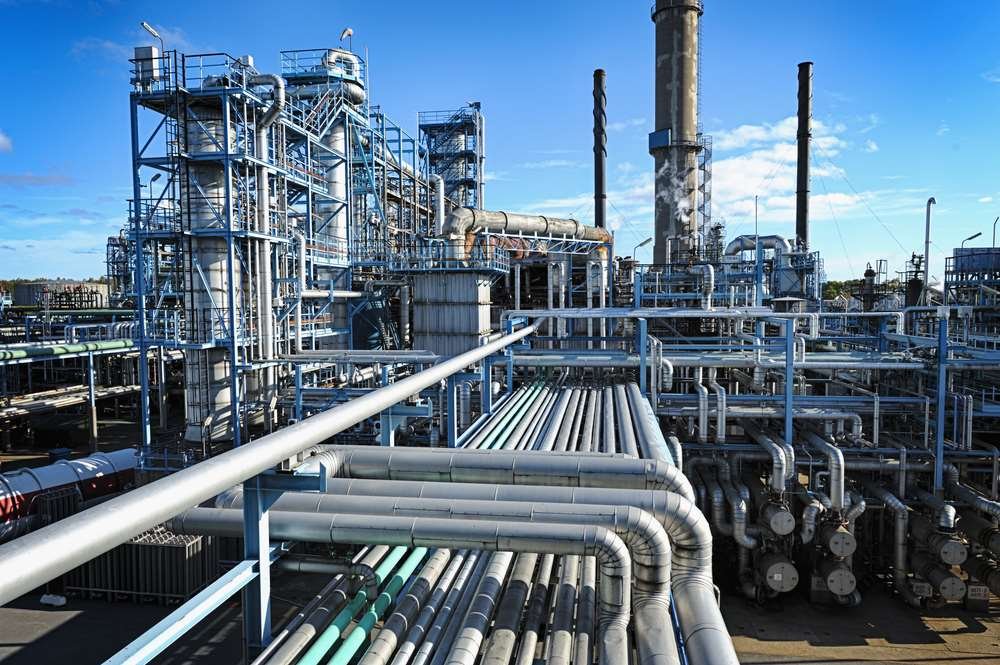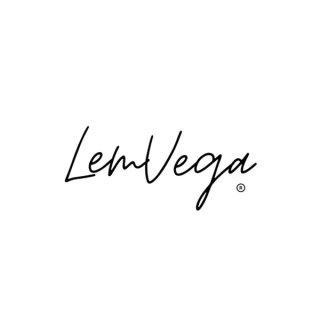Managing LNG Portfolio Risk in a Diverse Global Energy Market
Published by Gbaf News
Posted on April 27, 2019
7 min readLast updated: January 21, 2026

Published by Gbaf News
Posted on April 27, 2019
7 min readLast updated: January 21, 2026

By Michael Hinton, Chief Strategy and Customer Officer at Allegro Development Corp.
The LNG market today is vastly different than it was just a few years ago, and it will continue its upward swing into becoming a large portion of the world energy mix. In fact, according to the 2018 BP Energy Outlook[i], LNG trade is growing seven times faster than pipeline gas, and by 2035, it will account for around half of all globally traded gas.
While expanding into the LNG global export market can be profitable, proper LNG portfolio management represents a series of major, ongoing challenges. The trading lifecycle of LNG involves a large number of players responsible for a host of functions – natural gas suppliers, liquefaction plants, transport operators, terminal operators, regasification plants, storage facilities, pipeline operators, and natural gas utilities.With these functions comes the natural gas production, liquefaction, loading transportation, unloading, storage, regasification, and distribution,along with the management of the many associated financial processes. All these functions and processes make an LNG business a complicated undertaking.
Global LNG exports are creating more opportunity and adding more complexity

Michael Hinton,
Now that the United Stateshas been ramping up its LNG exports and the balance of natural gas supply and demand worldwide has shifted drastically, the traditional global supplier and customer relationships in this market are rapidly changing. With this shift in the global supply and demand comes vast opportunities, but also adds even more complexity to the portfolio management of energy companies that sell and purchase on a global scale.A traditional domestic gas supplier will see LNG cash cycles lengthen due to the time and logistics required for LNG global transportation. Throughout these cash cycles, energy companies have to keep top of mind the price fluctuations in natural gas, credit risk on foreign entities, currency exchanges, and other factors when executing trades and managing assets. The ability to accurately track all of the aforementioned variables can seem impossible, and many large energy companies have still not mastered this abilitiy.
Increased market competition and oversupply is shrinking trade margins and amplifying risk
In the US alone, LNG exports quadrupled last year, and in the next 5 years, is projected to become the number two supplier of LNG. With gas production rising, domestic gas prices have fallen, creating a competitive advantage for US companies to export LNG to global buyers. “This business can be thought of as an arbitrage between low domestic prices and high global prices, although it is not an inexpensive opportunity to exploit.” –U.S. Commodity Futures Trading Commission (CFTC)[ii].
In response to the evolving market, traders across the world are expanding their LNG businesses to gain efficiencies in logistics and operations in order to maintain margins. However, as presence in the LNG market increases, risk increases as global exports require a much more complex logistics chain and longer pay cycles, which means these companies require more hedging and credit risk analysis capabilities.
Additional optionality can improve margins. Or not.
Charif Souki, Chairman at US LNG developer Tellurian Inc[iii]. said that in the next two years, some 20 cargoes would be available every day on the spot market, or 5,000 cargoes a year. “You’re never very far from a cargo.”
Having options can be a good thing, right? For those in the energy market, trading and logistics options come with a price: increased risk exposure. With operating expenses, fuel/raw materials and deductions all impacting the bottom line, producers and traders are having to also take into account the many transportation and storage options that are now tied to each global trade.
Alternatively, if domestic gas prices become too volatile, natural gas utilities and natural gas generators will find it possible to supplement or replace their natural gas supplies with LNG imports. Because of energy market volatility, the tricky part for buyers is knowing when to purchase, how much to purchase, and who they should purchase assets from.
LNG trading contract changes are forcing producers and buyers to renegotiate
S&P Global Platts[iv] and other leading industry experts have projected that continued growth in global LNG exports will mean more competition in the market, resulting in more short-term options for buyers who decide to renegotiate or completely do away with long-term contracts. Customers of existing long-term contracts that are reacting to oversupply conditions largely fall into two groups: those that are seeking to re-negotiate pricing and those that do not have enough demand to meet their contractual commitments. That said, producers and buyers are reconsidering and renegotiating their traditional sales purchase agreements (SPAs).
Reuters [v]is reporting that Indian gas utility Gail has switched its LNG purchasing focus to short-term and spot deals in order to meet rising demand and they are making greater use of hedging against price volatility. Other companies have followed suit, signaling an uphill battle for producers as lower spot prices for global oversupply will continue to result in more contract revisions.
Many market participants are now contracting under an LNG master sales and purchase agreement (MSA), specifically intended for use with spot and short term agreements with substantial flexibility for the buyer and seller to customize the agreement to their needs.The rise in short-term contracts has led to a significant increase in the number of participants in the LNG derivatives market, which will enhance optionality, but add long-term market exposure, which adds yet another layer of complexity to global energy portfolio management.
These industry changes have not only altered the nature of how LNG contracts are structured, but also has affected spot pricing and trade margins, resulting in a shift away from the traditional producer and consumer relationships to a more competitive trading market. Additionally, the development of a deep and competitive LNG market is likely to cause long-term gas contracts to be increasingly indexed to spot LNG prices.
The need for a sophisticated, modern commodity trading platform
The already complex natural gas and LNG portfolio value chain continues to become even more complicated as the global export market grows, market competition increases, oversupply outweighs demand, and LNG contracts shift to spot or short-term agreements. Depending on how proactive industry participants are, these market changes can either provide businesses with growth opportunities or spell out a recipe for disaster. It is important now, more than ever, that industry participants are prepared for drastic changes in portfolio management and supporting software infrastructures.
LNG producers, LNG traders, LNG transporters, natural gas utilities, and natural gas generators who lack strategic insights and responsive technology are limited in their ability to see the full picture and portfolio exposure. This increases the potential for risk as positions and inventories aren’t being optimally managed. In addition, insight into the true underlying exposure to pricing markets is hidden. As a result, decisions might be made without the best possible information, leading to not only increased operational risk, but also missed growth opportunities.
In order to effectively manage portfolio risk and take advantage of opportunities created in a constantly evolving energy market, companies require an enterprise software platform that not only provides full value chain management, but also advanced quantitative risk analytic capabilities that can aid in valuing, modelling, and hedging of physical assets and derivatives. A comprehensive commodity management software (also known in the industry as CTRM or ETRM software),such as Allegro Horizon, will further address energy market opportunities and risks by integrating all physical and financial aspects to manage the entire LNG lifecycle, from production of the natural gas, through liquefaction of natural gas to LNG and transportation of LNG, to the re-gasification of LNG back to natural and consumption and distribution of the natural gas.
Explore more articles in the Investing category











